
Dr Thomas Booth
Reader in Neuroimaging
Research interests
- Cancer
- Neuroscience
Biography
Thomas C Booth is a Reader in Neuroimaging in the School of Biomedical Engineering & Imaging Sciences at King’s College London. He is also an Honorary Consultant Diagnostic and Interventional Neuroradiologist at King’s College Hospital, London. His research interests are in (1) neuro-oncology (especially relating to diagnostic AI), (2) neurovascular (robotics) and (3) abnormality detection (especially relating to diagnostic AI). His PhD focus was on brain tumour treatment response assessment using pre-clinical metabolic imaging as well as adult brain tumour MRI structural images using machine learning at the University of Cambridge a decade ago – something he continues to research now as he is reminded continuously how important neuro-oncology diagnostics are in a busy London teaching hospital. On the neurovascular side, stroke imaging and aneurysm procedural work have also become areas of much research and he is developing robotics with his multidisciplinary colleagues.
He is the Chief Investigator on 5 UK multicentre and 4 NIHR portfolio-adopted prospective studies: more than 6000 patients across the UK have been recruited to these studies. His largest study relates to abnormality detection in brain MRI scans using AI.
He chairs or sits on various National and International committees - some relating to funding (e.g. NIHR) and some special interest groups (e.g. relating to brain tumours). He was an awardee of the inaugural Royal College of Radiologists Outstanding Researcher Award.
News
Researchers conduct systematic review on whether AI could help predict brain aneurysms
Researchers from the School, in collaboration with academics from Imperial College London, are exploring whether artificial intelligence (AI) can help doctors...
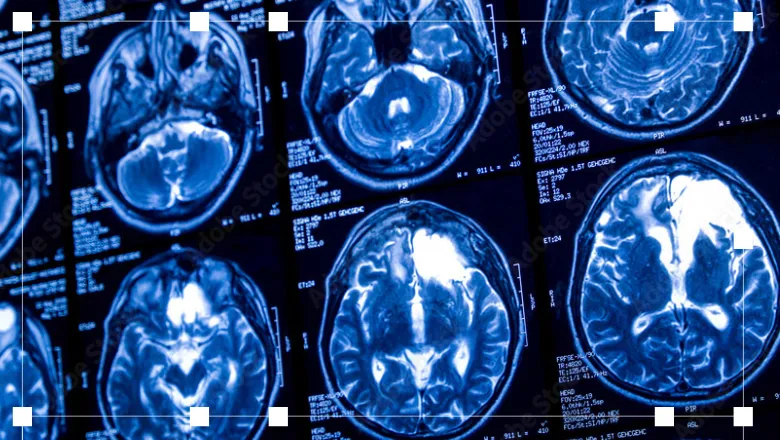
Neuro-oncology experts reveal how to use AI to improve brain cancer diagnosis, monitoring, treatment
Recommendations published in The Lancet Oncology call for good clinical practice of new technologies to modernise decades-old standard of care for brain...
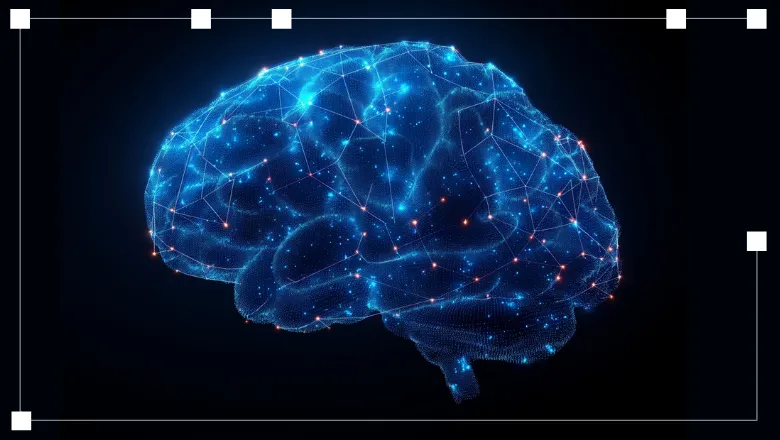
Dr Thomas Booth appointed as AI Faculty Lead for the Royal College of Radiologists
Dr Thomas Booth has been appointed as Faculty Lead for Clinical Radiology Artificial Intelligence (CRAI) for the Royal College of Radiologists.

King's researchers awarded funding to develop remote surgical robotics
Researchers from King’s College London have received £75,000 in funding from the new MRC Impact Accelerator Fund to further investigate the use of artificial...
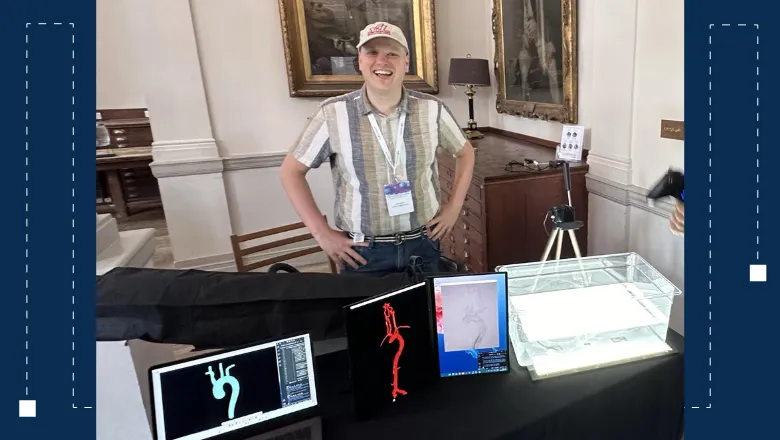
Robotics and AI combination has potential to improve safety in emergency stroke surgeries
A new paper by King’s researchers highlights how the use of robots to treat stroke patients autonomously could widen access to time-sensitive emergency...
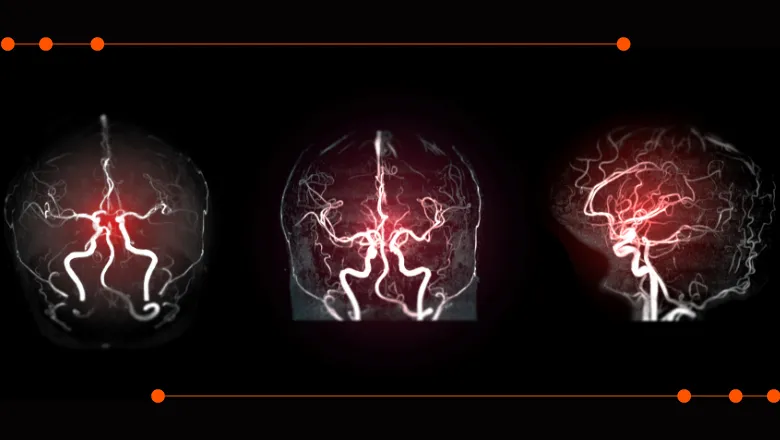
Researchers review use of MRI to identify brain cancer biomarkers
King’s researchers reviewed the benefits of medical imaging to predict cancer patients’ response to treatments.

New study identifies promising tool for rapid COVID-19 triage
A study conducted by researchers from King's College London, along with researchers from multiple healthcare centres across the UK, has identified the utility...
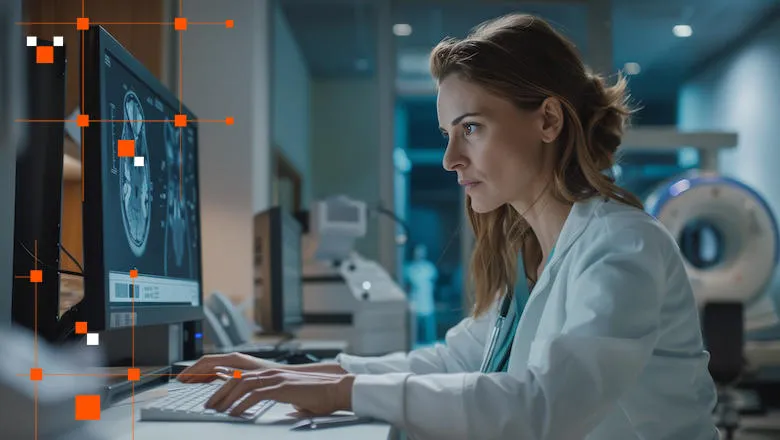
Brain-age prediction tool developed to support early diagnoses of neurological disease
Researchers from King’s College London have developed a deep learning framework for brain-age prediction using MRI data.

AI can predict brain cancer patients' survival
Artificial Intelligence (AI) can predict whether adult patients with brain cancer will survive more than eight months after receiving radiotherapy treatment.

Study confirms safety of new flow-diverting stent in the treatment of brain aneurysms
Researchers conduct first study on new Pipeline Vantage Embolization Device used to prevent blood flow into brain aneurysms.
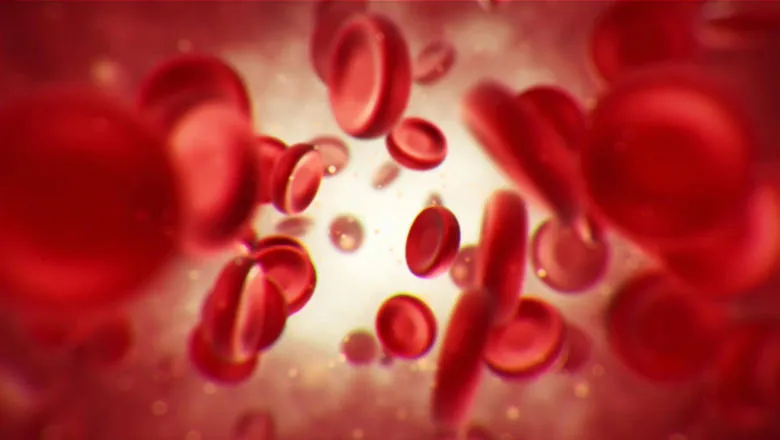
Events

AI assisted tools for healthcare
Explore the opportunities and challenges posed by AI assisted tools for healthcare.
Please note: this event has passed.
News
Researchers conduct systematic review on whether AI could help predict brain aneurysms
Researchers from the School, in collaboration with academics from Imperial College London, are exploring whether artificial intelligence (AI) can help doctors...

Neuro-oncology experts reveal how to use AI to improve brain cancer diagnosis, monitoring, treatment
Recommendations published in The Lancet Oncology call for good clinical practice of new technologies to modernise decades-old standard of care for brain...

Dr Thomas Booth appointed as AI Faculty Lead for the Royal College of Radiologists
Dr Thomas Booth has been appointed as Faculty Lead for Clinical Radiology Artificial Intelligence (CRAI) for the Royal College of Radiologists.

King's researchers awarded funding to develop remote surgical robotics
Researchers from King’s College London have received £75,000 in funding from the new MRC Impact Accelerator Fund to further investigate the use of artificial...

Robotics and AI combination has potential to improve safety in emergency stroke surgeries
A new paper by King’s researchers highlights how the use of robots to treat stroke patients autonomously could widen access to time-sensitive emergency...

Researchers review use of MRI to identify brain cancer biomarkers
King’s researchers reviewed the benefits of medical imaging to predict cancer patients’ response to treatments.

New study identifies promising tool for rapid COVID-19 triage
A study conducted by researchers from King's College London, along with researchers from multiple healthcare centres across the UK, has identified the utility...

Brain-age prediction tool developed to support early diagnoses of neurological disease
Researchers from King’s College London have developed a deep learning framework for brain-age prediction using MRI data.

AI can predict brain cancer patients' survival
Artificial Intelligence (AI) can predict whether adult patients with brain cancer will survive more than eight months after receiving radiotherapy treatment.

Study confirms safety of new flow-diverting stent in the treatment of brain aneurysms
Researchers conduct first study on new Pipeline Vantage Embolization Device used to prevent blood flow into brain aneurysms.

Events

AI assisted tools for healthcare
Explore the opportunities and challenges posed by AI assisted tools for healthcare.
Please note: this event has passed.
